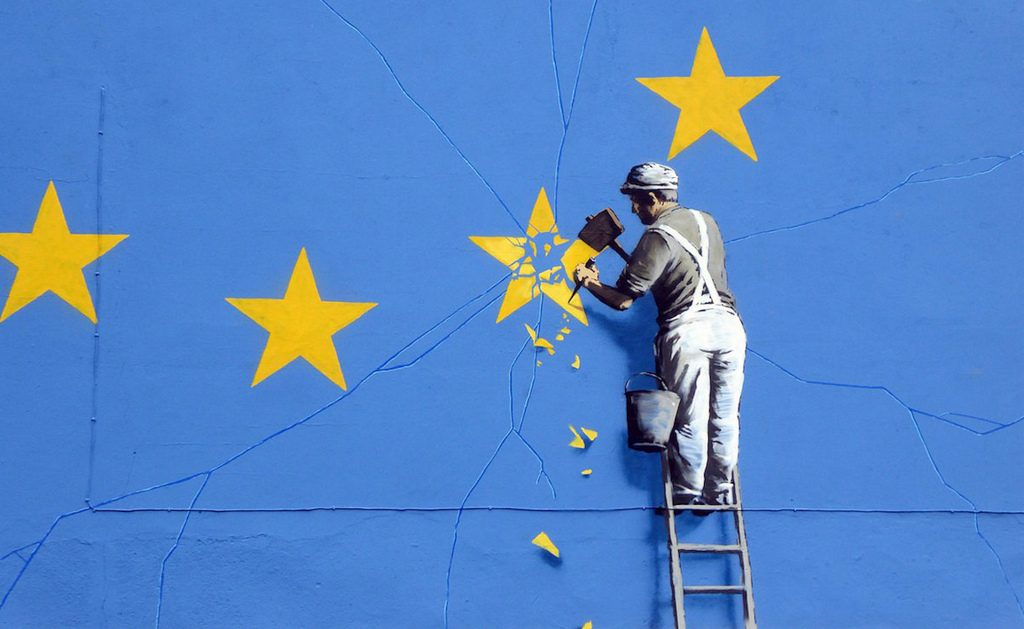Theresa May’s government has published a draft plan for how Britain should leave the EU. Two cabinet members have already resigned over it.
What it means: After a heck of a lot of back and forth and general drama, the EU and the British government have finally agreed what their relationship should be post-Brexit. Over 585 pages, they’ve painstakingly laid out a plan that basically boils down to “shall we just keep everything the same as it was for a while until we figure out how to do this properly?”
If Parliament accepts the deal (which there’s a good chance it won't), then Britain will enter a transition period after Brexit Day (19th March 2019) which will last until December 2020. During that time, Britain will still act like it’s in the EU, and EU citizens and Brits will have the same freedom of movement as they currently do (so no visas required for holidays). The UK will also pay the EU £39 billion for leaving. (That’s because while a member, the UK committed to paying into lots of EU projects, so they can’t really stick ‘em with the bill and run).
The idea is that this will give both sides enough time to figure out a proper trade deal. If they don’t, there’s a special provision in place explicitly to stop a border going up between Ireland and Northern Ireland. It will essentially mean that the whole of the UK will remain in a customs union with the EU (so both areas will be able to continue swapping stuff with each other without paying any tariffs, or taxes, on it).
The draft plan isn’t going down well with lots of people, from politicians to businesspeople to Brexiteers. Mostly, the criticism centres around an idea that the plan is a betrayal of the Brexit vote because Britain will still have to follow EU rules and accept EU people into the country. The Brexit Secretary, Dominic Raab, and the Work and Pensions Secretary, Esther McVey, have already resigned in protest, and Theresa May spent most of this morning being questioned by MPs in Parliament.
Read our explainer on Brexit.

